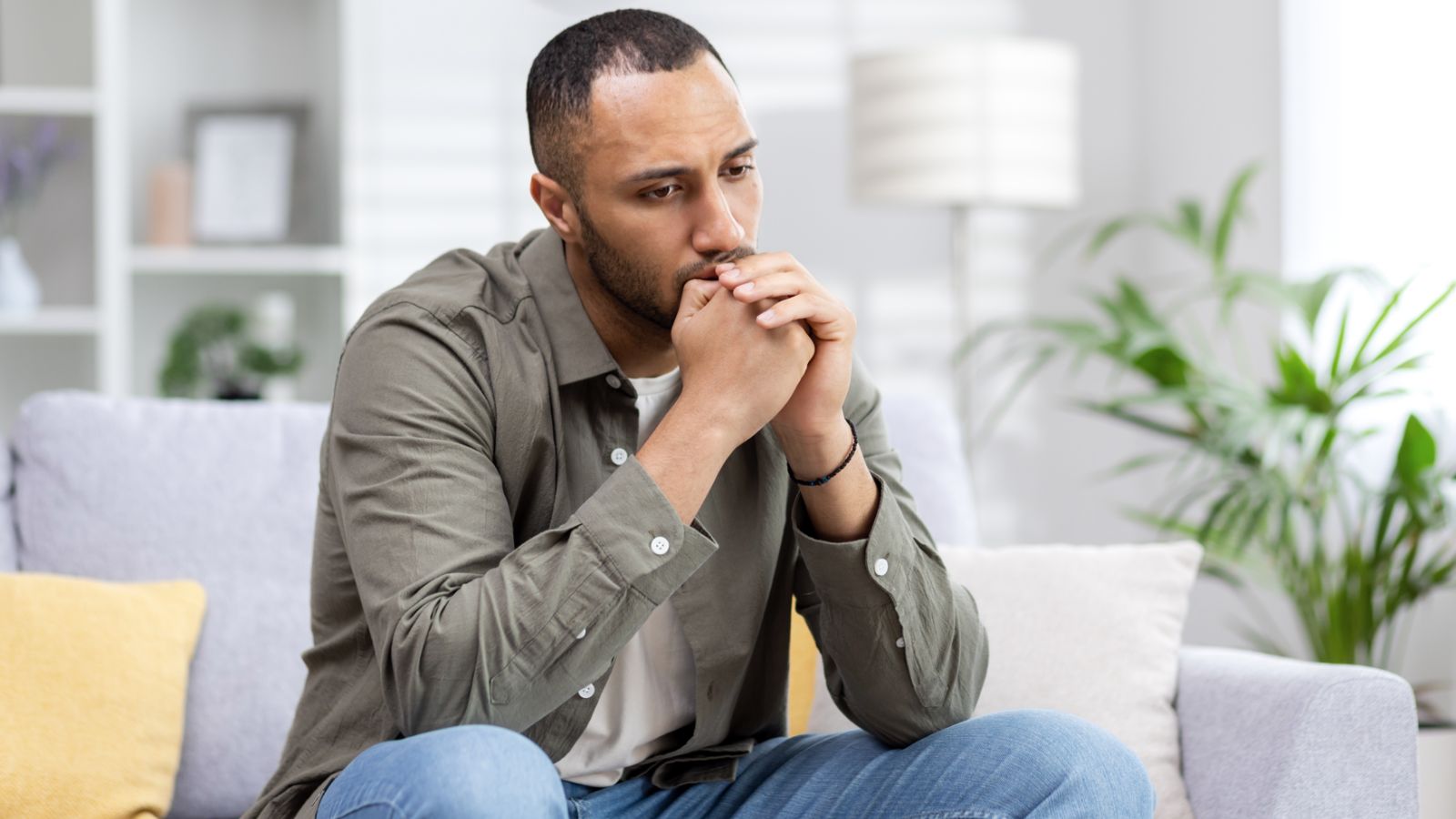Losing your spouse is one of the most painful experiences you can go through. When emotions run high at this time, it’s easy to make bad decisions. You’ll find 17 things you should avoid doing in this article.
Suppress Emotions

The American Cancer Society says that “it’s common for the grief process to take a year or longer. Grief most often gets less intense over time, but the sense of loss can last for decades.” Trying to suppress your feelings for this long is impossible and is not good for your mental health.
Self Isolate

According to the National Institutes of Health, “people who are widowed are 5.2 times more likely to feel lonely often, compared with people who were in a relationship.” Widowed people need to spend time with others and shouldn’t isolate themselves from their friends and family.
Change Careers

“The average person tends to go through 3–7 careers before they retire,” says the University of Queensland. But changing careers immediately after losing your partner might not be a good idea. What a widower needs at this time is routine and stability. Looking for jobs and learning a new role can be too much upheaval.
Commit to a New Partner

To deal with feelings of loneliness, many widowers want to start a new relationship. But going into a new relationship when you’re not ready for it can be more problematic than staying alone. It is best to allow some months or even years to go by before getting serious with a new partner.
Overspend

“Emotional spending is a common response to grief. The activity of shopping after a loss can be a necessity, a distraction, or a coping mechanism,” Bare Cremation explains. But overspending at this time can be financially draining and land the widower in many problems at this expensive time of life.
Donate Clothes

A person who is grieving might feel the immediate need to sell or donate their late partner’s clothes. The smell or sight of the clothes might make the widower feel overwhelmed with sadness. But immediately getting rid of these memories might hinder the healthy healing process.
Rush Grieving

“According to an article from Psychiatric Times,” says The Recovery Village, “40% of grievers meet the criteria for major depression one month after their loss.” Because the grieving period is so painful, many widowers try to rush through it by canceling therapy sessions and refusing to talk about their feelings. But this only makes it harder to heal.
Immediately Move

Some people feel the need to move out of their house immediately after losing their spouse. They feel this way because everything in their house reminds them of their spouse, and this is very painful. But moving can be a decision that the person will sooner or later regret.
Neglect Physical Care

Many people who lose their spouse feel like they just cannot go on anymore. These overwhelming feelings of despair can cause a person to neglect their physical care. But doing this actually makes the person feel worse. Looking after yourself will make you feel more positive and keep you busy.
Make Major Decisions

Many grieving people feel the need to make major decisions after their loved one dies. But making big decisions like this at a time when emotions run high is not a good idea. It is at this time that people make rash decisions that they later regret. It is best to wait for things to calm down first.
Box Away Memorabilia

When a widower loses a loved one, the memory of them may seem too painful to handle. Because of this, they may feel tempted to box away everything that reminds them of the person. But immediately removing every reminder of the person might make it harder for the widower to deal with their emotions and start healing.
Neglect Routine

A grieving person needs a routine. Without one, they will feel lonely and spend lots of time thinking about the last days their loved one was alive. A good routine will keep the widower busy without wearing them out. It will help them socialize and encourage them to express themselves.
Overcommit

A person who is grieving might feel the need to take on many responsibilities to keep themselves occupied throughout the day. But if they take on too many, they might feel stressed, and they may become burned out. Delegating tasks to friends and family is essential at this time.
Forget Spiritual Health

Some people have the tendency to neglect their spiritual health after they lose a loved one in death. But it might be at this time that a widower needs to hold onto their spirituality the most. Sticking to your normal spiritual routine at this time is crucial.
Ignore Legal Matters

Although it is all very painful and a lot to deal with, a grieving person should not put off dealing with legal matters when their partner dies. Due to the immense stress they are going through, the last thing a grieving person wants to do is talk to an attorney. But this is essential for future planning.
Ignore Family

Acknowledging the family’s hurt feelings is very important for a grieving person. This is essential, even if the grieving person wants to move on immediately and ignore the pain. Talking about the grief with the family and doing things together will help family members support one another.
Overwork

A person who has just started grieving might feel the need to overwork themselves. They might think that they have to stay busy and never rest in order to keep their minds off of their loss. Although having a good routine at this time is important, getting enough rest is also vital for the body and mind to begin healing.
Read More: 18 Reasons Why No One Is Interested in Working Anymore

The concept of traditional employment has taken a back seat in recent times with changes in economic and social factors, as well as individual preferences. Traditional jobs have also evolved, and many people don’t feel the need to take this route anymore. These are 18 reasons why no one is interested in working anymore.
18 Reasons Why No One Is Interested in Working Anymore
17 States Americans No Longer Want to Live In

America is constantly changing, and within it, so are its states. Some have new laws that residents don’t agree with, while others have increasing rates of unemployment or areas of extreme poverty. These aspects make it difficult for a person to stay in their home state. Here are 17 states that Americans are deciding to reconsider.
17 States Americans No Longer Want to Live In
18 Adult Traits That Are Frequently Traced Back to Difficult Childhoods

If an adult had a difficult childhood, they’re more likely to display some traits that those with a more stable upbringing might not develop. In this article, you’ll discover 18 of those traits.
18 Adult Traits That Are Frequently Traced Back to Difficult Childhoods
17 Most Friendly Wild Animals in the World

Are you an animal lover looking to learn more about the curious creatures that inhabit our planet alongside us? Discover the amicable side of the animal kingdom. Meet 17 of the world’s most sociable wild animals, from playful sea creatures to gentle land mammals.
17 Most Friendly Wild Animals in the World
17 Phrases Confident People Use to Stand Up For Themselves

Confidence is a healthy and attractive trait that helps us stand firm in our values and set healthy boundaries. We can always become more confident, and learning the right ways to stand up for yourself is a great way to start. Here are 17 phrases you can use to do so.
17 Phrases Confident People Use to Stand Up For Themselves

